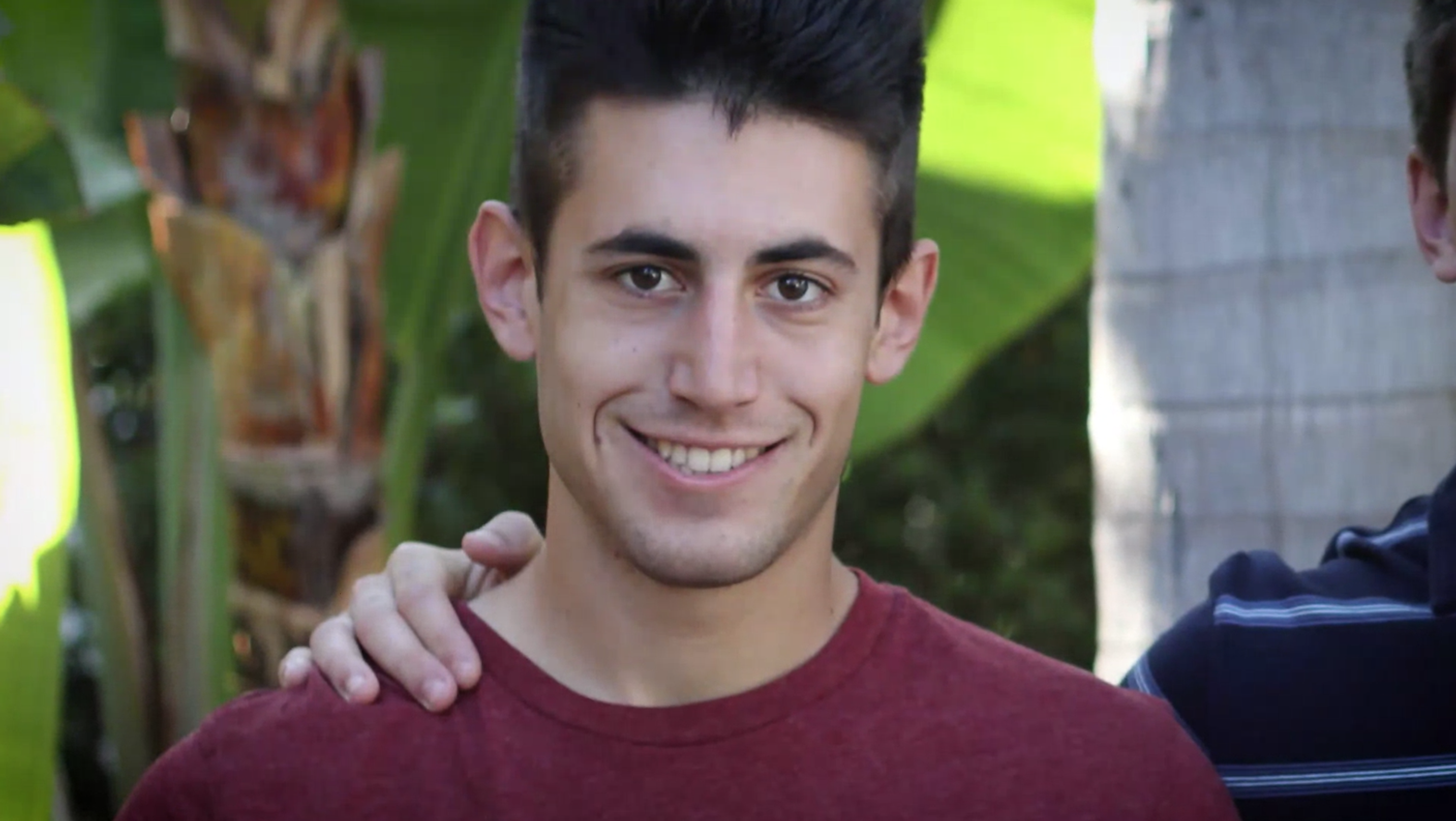California faces a severe shortage of licensed mental health treatment facilities, and existing ones often fall well short of expectations.
The I-Team started investigating Sovereign Health in 2017. In 2018, Brandon Nelson killed himself at Sovereign's San Clemente treatment facility.
The tragedy was documented on a call the house manager placed to 911.
Dispatcher: "911, what's your emergency?"
Get top local stories in Southern California delivered to you every morning. Sign up for NBC LA's News Headlines newsletter.
House manager: "Hey! Someone just hung himself right there."
Dispatcher: "What's the address?"
House manager: "Come over here, please!"
Dispatcher: "The address!" (Address requested multiple times over several minutes) "Sir, we need you to start CPR. Quit talking and listen to county fire."
That panicked call to 911 marked the end of Brandon Nelson’s life. The 26-year-old aerospace engineer had suffered a psychotic break and spent his last days at the Orange County treatment facility.
The house manager is heard on the call, incapable of performing CPR, confused even about the address. The Nelsons recently settled for $11 million after suing Sovereign and its CEO Tonmoy Sharma for wrongful death.
"We hope the settlement brings some comfort to the family for their loss," the attorney representing Sovereign’s former insurance carrier said in a statement. "The settlement reflects the parties compromise of disputed claims and not an admission of liability”.
The I-Team's efforts to reach Tonmoy Sharma were unsuccessful.
"We know it’s not going to bring our son back, but we want to make sure another family never has to go trough this," said Rose Nelson.
The Nelsons story illustrates the challenges of those seeking help for mental health crises.
His parents say only after Brandon’s death did they realize the scope of Sovereign’s false promises.
"It was marketed as, 'He will have 24/7 oversight of psychologists, a house manager, psychiatrists would come in. They’d have group therapy.' Noting was provided. It was marketed like that. It was all lies," said Rose Nelson.
"And in fact, it turned out to even worse than we could have imagined," said Allen Nelson.
"You’re not really trained on how to deal with someone coming back high or someone having a mental health episode," said former Sovereign employee Desiree Raucci. who was deposed in the Nelson’s civil suit and described what she experienced working for sovereign.
"I mean, I know that industry is a little bit shady to begin with, but Sovereign blew it out of the water with what they were doing," said Raucci.
The I-Team first spoke to her in 2018, a year after more than 100 FBI agents raided Sovereign Health’s corporate offices and treatment facilities. Shortly after that raid, and 8 months before Brandon’s death, the I-Team sat down with Tonmoy Sharma.
"We serve 15,000 patients. There will be some people that may not be happy with us," Sharma told the I-Team in 2017.
He pointed to the hundreds of positive testimonials on the company's YouTube channel.
"It’s a service industry, like a hotel, like an airline," Sharma said. "Somewhere somebody will complain about baggage fees."
"Wow. I don't know how you can be happy with someone who’s hiring people who worked in the construction industry and hold them out to be mental health professionals," Allen Nelson said.
NYU professor Alex Barnard specializes in medical sociology and mental health. He says it is not uncommon for unlicensed professionals to work in these type of mental health treatment facilities, where they are often paid close to minimum wage to run groups and oversee patients.
"Most of your contact is going to be with unlicensed professionals who are often paid close to minimum wage to do things like run groups and oversee people," said Barnard. "Most of [the facilities] in California are private. Many of them are for profit. I think most people would be surprised actually how little medical staffing many of these places have".
Much of Barnard's research is focused on California, which struggles with a shortage of treatment beds and mental health professionals.
"These facilities and these private providers really have a lot of leverage over the state in a way that can sometimes block the kind of regulation and oversight that is necessary," said Barnard.
California is trying to expand mental health services through its newly implemented “CARE courts,’” and the multi-billion-dollar Proposition 1, which promises "treatment, not tents" on the March ballot.
The Nelsons worry about those in need receiving quality care.
"It sounds good in concept," said Allen Nelson. "But if they end up in places like Brandon ended up, there’s going to be more tragedies, so that’s a huge concern of ours."
Sovereign Health is now out of business, having been sued multiple times. In 2022, a jury awarded insurance provider Health Net nearly $45 million, finding Sovereign and Sharma liable for fraud. That case is on appeal.
The Nelsons still hope to see criminal charges.
"Where is the FBI? Where is the Orange County DA? Where’s the state AG? I don’t understand why none of them have a taken a more serious look at what’s going on," said Allen Nelson.
The Nelsons plan to direct a large portion of their multi-million-dollar settlement to fund quality mental health treatment as a way to honor their son and protect others from their unending grief.
The I-Team has confirmed that the federal investigation into Sovereign Health and Tonmoy Sharma is ongoing.



